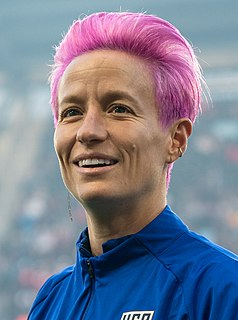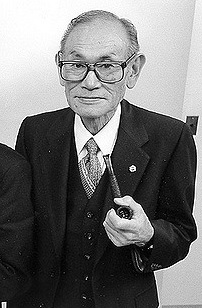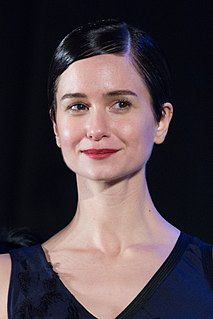A Quote by Junot Diaz
I was surrounded by a lot of male writers of color who have this incredibly bizarre relationship to masculinity. It's like we were all mega-nerds but you would never know that if you listened to the way they talk about themselves.
Quote Topics
Related Quotes
Men talk about masculinity through sports and clothes. They don't talk about gender, they talk about LeBron James and whether it's okay to wear lipstick and eyeliner. They're not getting to the question at hand, which is, "What does it mean to be a man when the traditional values of masculinity are eroding incredibly rapidly?'
Of all the things about de Sade, I would argue he is funny. A lot of people didn't understand de Sade. No. 1, he is a very good writer, and No. 2, he had the courage to talk about a lot of things that in public, even now, almost nobody has the courage to talk about. He would do it with a kind of funny way - not the stories themselves, but the way he tells them. He is never serious.
When I was thinking about these women characters, no matter how bad a person I am - a bad writer, my limitations, my sexism, you know - the thought was, it would be useful as a writer to try to create a template for all the male writers, especially Dominican male writers, especially males of color, of how a writer can use seeing to create more nuanced representations of women.
Being a woman, we talk about equal pay all the time. We're not talking about if you're black or if you are Latina. I would like to get back to that and improving the relationship between the police community and the community of color. I don't know exactly all the right things to say, but I want to engage in that conversation.
With the Holocaust - I wonder if a lot of Jewish writers of my generation have felt this way - it feels really intimidating to approach it. I feel like so many writers who have either lived through it firsthand or were part of that generation where they were closer to the people who were in it have written so beautifully about it, so there's no lack of great books about it
You know, it's a funny thing about writers. Most people don't stop to think of books being written by people much like themselves. They think that writers are all dead long ago--they don't expect to meet them in the street or out shopping. They know their stories but not their names, and certainly not their faces. And most writers like it that way.
Before the war, my parents were very proud people. They'd always talk about Japan and also about the samurai and things like that. Right after Pearl Harbor, they were just real quiet. They kept to themselves; they were afraid to talk about what could happen. I assume they knew that nothing good would come out of it.
The bonding of women that is woman-loving, or Gyn/affection, is very different from male bonding. Male bonding has been the glue of male dominance. It has been based upon recognition of the difference men see between themselves and women, and is a form of the behaviour, masculinity, that creates and maintains male power… Male comradeship/bonding depends upon energy drained from women.
We worked on The Perfect Storm, and I'll never forget, Wolfgang Petersen would talk about a moment. Like a non-speaking moment, where we'd all be sitting around eating dinner, and it would probably last maybe four seconds on screen. But he would sit there and talk about it for about 10 minutes. He knew what piece of the puzzle that scene would be, and if it were six seconds, it would be too long. If it were three seconds, it wouldn't be enough. I'm always turned on with people's enthusiasm like that.





































